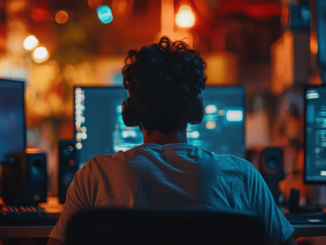
Regulatory Scrutiny in France
Polymarket, a blockchain-based prediction platform, has blocked access for users in France amid an investigation by the French gaming regulator, Autorité Nationale des Jeux (ANJ). The restriction follows concerns over the platform’s compliance with national gambling laws. While French users can no longer trade or place bets, the platform remains accessible in a view-only mode, signaling its attempt to maintain transparency while adhering to local regulations.
Théo’s Huge Trump Bet
The scrutiny over Polymarket increased after reports emerged about a French gambler, known as “Théo,” betting more than $30 million that Donald Trump will win the U.S. presidential election in 2024. Théo’s bets returned an astonishing profit of close to $80 million, raising red flags regarding possible manipulation of the markets and insider trading. The never-before-seen scale of such bets triggered ANJ to start an inquiry into whether Polymarket provided a platform for unlawful gambling, as required under French law.
Polymarket uses blockchain to record all outcomes of the betting markets transparently. Its crypto-based business model has raised some legal eyebrows in places like France, whose regulators consider this a form of unauthorized gambling.
U.S. Legal Challenges Have Implications
Regulation issues are not unique to the application in France. In 2022, the marketplace forbade U.S. users after a deal with the Commodity Futures Trading Commission over its operation of unregistered markets. Meanwhile, adding to its troubles, federal agents from the FBI searched CEO Shayne Coplan’s property after the 2024 U.S. election and seized mobile devices in an early morning raid. While the precise details of the U.S. investigation remain under wraps, the search accentuates the increasing scrutiny on Polymarket’s operations.
Future Implications
The parallel inquiries in France and the U.S. put into sharp light the international regulatory complexities that Polymarket faces. Its novel application of blockchain technology and cryptocurrency means the firm falls firmly at the intersection of emerging and traditional gambling laws. Yet, legal constrictions in strategic markets may well dampen its ambition and create operational modifications that will be nothing short of radical.
Conclusion
The case of Polymarket shutting out French users reflects growing pressure on the decentralized platforms to abide by national laws. As the oversight tightens, their ability to adapt and match legal frameworks will be crucial to their global ambitions. This case underlines broader challenges related to innovation being put within the context of compliance in fast-evolving blockchain.


